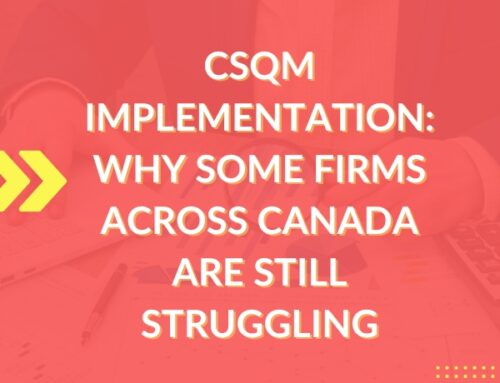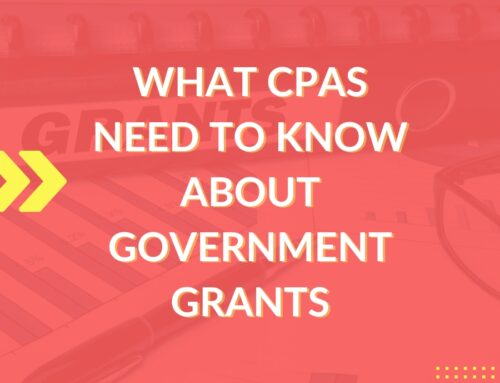— September 15, 2025 —
Condominiums make up a large segment of Canada’s real estate market, with boards and management companies responsible for safeguarding significant assets and common elements. For CPAs, this sector presents unique challenges, particularly in the areas of auditing, reserve fund management, and compliance with provincial and municipal laws and regulations.
Why CPAs Should Pay Attention
Condominium corporations are governed by provincial legislation, and the rules differ across the country. In Ontario, for example, the Condominium Act restricts how reserve funds can be invested and requires periodic reserve fund studies. While these requirements are Ontario-specific, the underlying principles are relevant for CPAs in every province and territory. Ensuring that reserve fund investments comply with statutory requirements is critical to protecting the financial stability of condominium corporations.
Section 94: Reserve Fund Studies
Section 94 of the Ontario Condominium Act requires corporations to conduct reserve fund studies to assess whether contributions are adequate to cover future repairs and replacements. A key issue is the definition of “adequate”. Interpretations vary widely – from considering any positive balance as adequate, to tying adequacy to inflation increases. This lack of clarity creates real challenges for auditors and boards.
Although Section 94 is specific to Ontario, the broader question of adequacy in reserve funding is a challenge faced by condominium corporations across Canada.
Audit Risks and Management Deficiencies
Audit risk in the condo sector has increased significantly due to widespread management deficiencies. Key issues include:
- Financial statements and prior-year balances not agreeing because adjustments are not posted
- Bank reconciliations not completed properly, with discrepancies left unresolved
- Incomplete or missing investment schedules and utility chargebacks
- Inaccurate accounting for loans and insurance claims
- Budgets prepared without realistic forecasting
- HST returns not filed on time
Shared facilities create additional complexity, particularly when different management companies are involved. Intercompany balances often do not reconcile, and shared expenses are not properly tracked on a monthly basis.
Scheduling is another recurring problem. Audits are often requested months after year-end, with management expecting completion in just weeks. Even when dates are set in advance, documents are missing, offices are understaffed, and delays are common. These delays also affect the scheduling of annual general meetings, with some boards distributing draft statements and attributing blame for late filings to auditors.
Communication Breakdowns
Poor communication can also be a major issue:
- Invoices are frequently misplaced or unpaid due to lack of coordination between accounting departments and property managers
- Constant personnel changes in management companies create gaps in knowledge and process continuity
- When boards switch management companies, records are often not properly transferred, signing authorities on bank accounts may be delayed, and missing information is not followed up
Internal Controls and Digital Platforms
The lack of robust internal controls is evident throughout the sector. Management often fails to follow up on receivables, auditors repeatedly request the same missing documents, and staff turnover leaves critical roles unfilled or inadequately trained. Administrators are sometimes promoted to manager roles without training, further weakening internal controls.
The transition to new digital platforms has created its own risks. While digital invoice processing systems may improve efficiency in the long run, they currently result in oversights such as missed invoices and increased accruals. Staff are not adequately trained, and even auditors granted system access often struggle to navigate these platforms without guidance. Some systems rely on AI to code invoices, but errors go undetected due to insufficient controls.
Red Flags and Fraud
There are also numerous red flags around management companies to be aware of, including:
- Unethical budgeting practices designed to conceal deficits
- Improper use of reserve funds
- Unauthorized borrowing without the required by-law approval
- Conflicts of interest when management-related companies provide services
- Missed deadlines for reserve fund studies and lien rights
- Incorrect allocation of condominium fees to owners or third parties
Fraud risks are real and growing. Examples include:
- Intercepted cheques altered and deposited fraudulently
- Unauthorized electronic withdrawals from condo bank accounts
- Fraudulent institutions posing as legitimate places to invest reserve funds
- Overpayments to suppliers left uncorrected until discovered by auditors
Dive deeper into this topic:
For CPAs with condominium clients — or those considering expanding into this area —further insights are available in our new Accounting and Auditing for Ontario Condominium Corporations course. Led by Stephen Chesney, FCPA, CPA, a recognized expert in condominium accounting and auditing, this course explores the legislative changes, practical audit challenges, and risk areas in greater detail. With extensive experience advising and auditing condominium corporations, Chesney has developed a reputation as one of the leading voices in this specialized field and is frequently invited to deliver continuing professional development sessions for CPAs.
Visit the AJAG course calendar for our full schedule.






